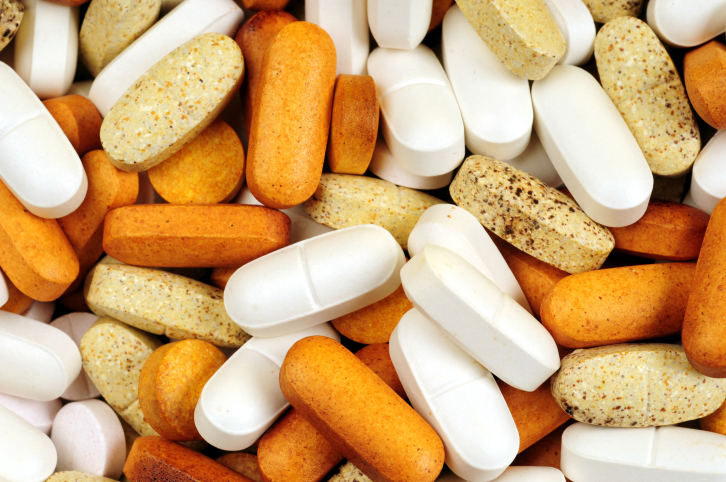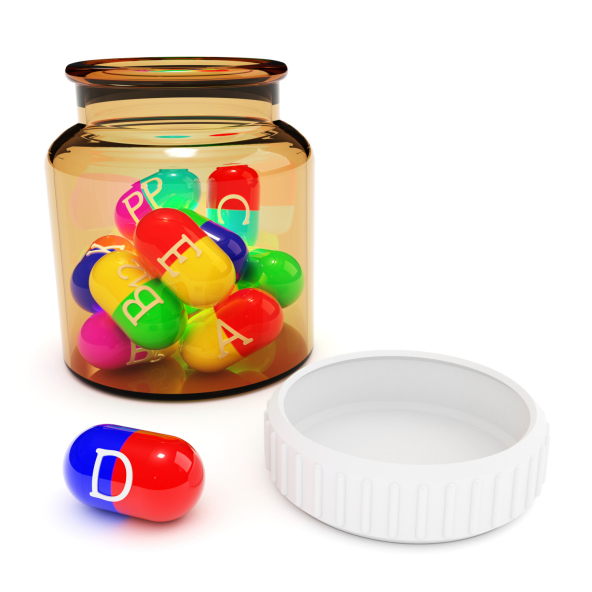
You’re probably wondering why you need to know what vitamins are best for you because you already take a multivitamin.
Well, multi-vitamins, like the highly recommended One-A-Day Women’s, adhere to the updated DRIs (Dietary Reference Intakes) very closely, but even the best multi-vitamin can’t stuff everything in. Use this list, which includes the top 10 vitamins African American women need and the recommended intake, to cross-reference the multi-vitamin you take or are considering taking.
1.) Vitamin A
The recommended daily value is 5,000 IU (International Unit). 5,000 IU is too much for women with relatively healthy diets, which is why most multi-vitamins cut that amount in half.
2.) B Vitamins (B6, B12, riboflavin, thiamin and niacin)
B6: 2 mg (milligrams)
B12: 6 mg
Riboflavin: 1.7 mg
Thiamin: 1.5 mg
Niacin: 20 mg
Bs are in plenty of foods, especially vitamin-spiked cereals, so there is usually not a high need for more.
3.) Vitamin C
The recommended amount is 60 mg, but new research suggests that 60 mg is not enough. You can get more than enough from one glass of OJ, which packs 120 mg of Vitamin C.
4.) Vitamin D
800 IU. Without Vitamin D, your body can’t absorb calcium. Because it’s in not in a lot of foods, it’s hard to get through your diet.
5.) Vitamin E
30 IU, but research is being performed to find out if extra vitamin E protects against cardiovascular disease and/or cancer.








